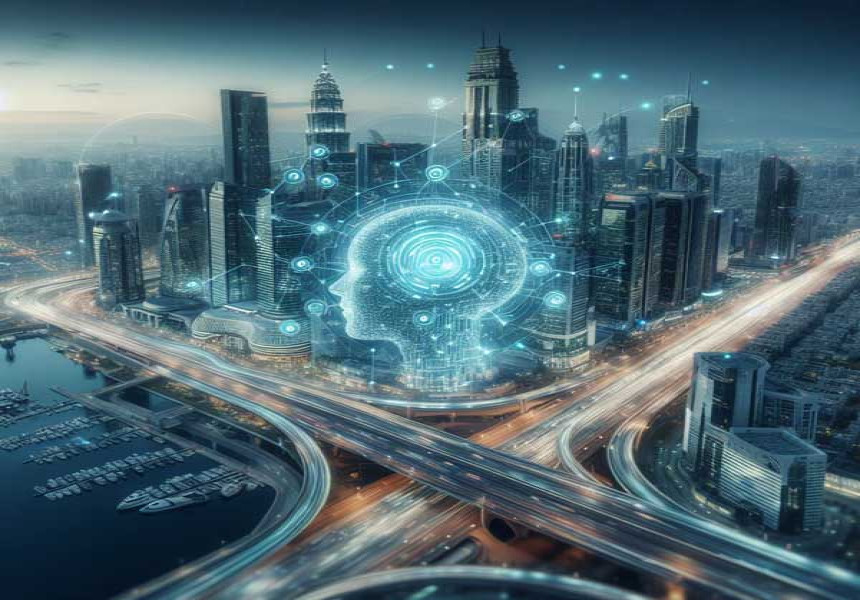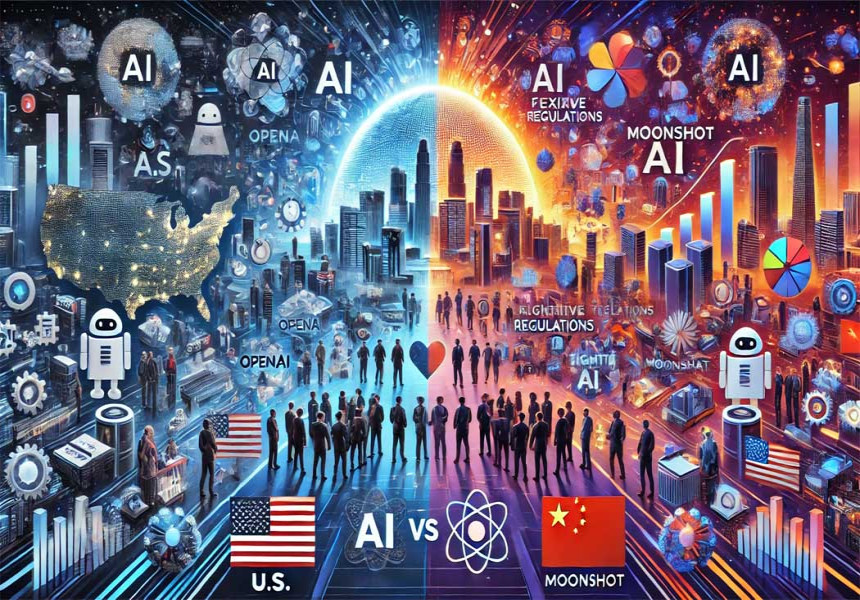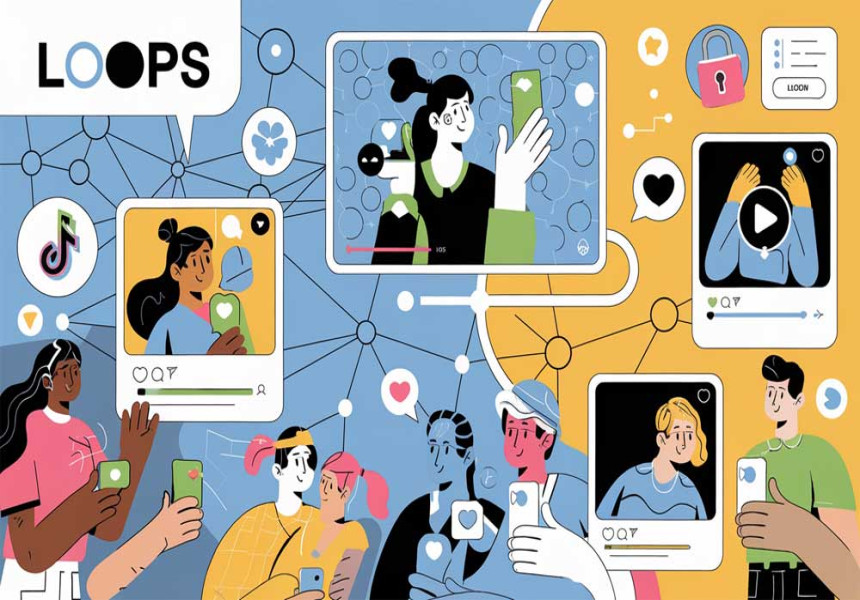Unveiling the Power of Artificial Intelligence: Navigating the Present and Envisioning the Future
Artificial Intelligence (AI) stands as one of the most transformative technologies of the modern era, reshaping industries, societies, and economies at an unprecedented pace. From intelligent algorithms to autonomous systems, AI is revolutionizing the way we live, work, and interact with the world around us. In this article, we delve into the present state of AI, explore its potential applications, and envision the possibilities for the future.
The Present State of Artificial Intelligence:
In the present day, AI has permeated virtually every aspect of our lives, driving innovation across a wide range of domains. From virtual assistants like Siri and Alexa to recommendation algorithms on streaming platforms like Netflix and Spotify, AI-powered technologies have become ubiquitous, enhancing convenience, efficiency, and personalization for users worldwide. In addition to consumer-facing applications, AI is also making significant strides in industries such as healthcare, finance, manufacturing, and transportation, where it is being used to streamline processes, optimize decision-making, and unlock new insights from vast amounts of data.
Applications of Artificial Intelligence:
Healthcare: AI is revolutionizing healthcare by enabling more accurate diagnostics, personalized treatment plans, and predictive analytics for disease prevention. Applications range from medical imaging and diagnosis to drug discovery and remote patient monitoring.
Finance: In the financial sector, AI is driving innovation in areas such as algorithmic trading, fraud detection, risk management, and customer service. AI-powered chatbots and virtual assistants are also reshaping the way banks interact with customers, providing personalized recommendations and assistance.
Manufacturing: AI is transforming manufacturing processes through the implementation of predictive maintenance, quality control, and supply chain optimization. Autonomous robots and drones are being deployed in factories to perform tasks such as inventory management, assembly, and inspection with greater speed and precision.
Transportation: In the transportation sector, AI is driving advancements in autonomous vehicles, traffic management, and logistics optimization. Self-driving cars, trucks, and drones have the potential to revolutionize mobility, reduce accidents, and alleviate congestion on roadways.
Education: AI is enhancing education through personalized learning platforms, adaptive assessment tools, and intelligent tutoring systems. By analyzing student data and learning patterns, AI can tailor educational content and provide targeted support to individual learners.
Envisioning the Future of Artificial Intelligence:
Looking ahead, the future of AI holds immense promise for further innovation and transformation. Key trends and developments that are likely to shape the future of AI include:
Advancements in Deep Learning: Continued advancements in deep learning algorithms and neural networks will enable AI systems to achieve greater levels of sophistication and perform more complex tasks with human-like intelligence.
Ethical and Responsible AI: As AI becomes more pervasive, there will be increased focus on ensuring that AI systems are developed and deployed in an ethical and responsible manner, with safeguards in place to prevent bias, discrimination, and misuse.
AI-Powered Creativity: AI will increasingly be used to augment human creativity across various fields, from art and music to design and storytelling. Generative AI models can assist artists and creators in generating novel ideas, designs, and compositions.
AI for Social Good: AI has the potential to address some of the world's most pressing challenges, including poverty, inequality, and climate change. Initiatives such as AI for Good are harnessing the power of AI to drive positive social impact and sustainable development.
Human-AI Collaboration: As AI systems become more capable, there will be greater emphasis on fostering collaboration between humans and machines, with AI serving as a complement to human intelligence rather than a replacement.
Conclusion:
As we navigate the present and chart the course for the future, the power of artificial intelligence continues to unfold in profound and transformative ways.
From its current applications in healthcare, finance, manufacturing, transportation, and education to its potential to revolutionize creativity, ethics, social good, and human-AI collaboration, AI holds the key to unlocking new possibilities and shaping the world of tomorrow.
As we harness the potential of AI to drive innovation, solve complex problems, and improve the human experience, let us remain mindful of the ethical, social, and moral implications of this transformative technology, ensuring that AI serves the greater good and empowers humanity to thrive in the digital age.








